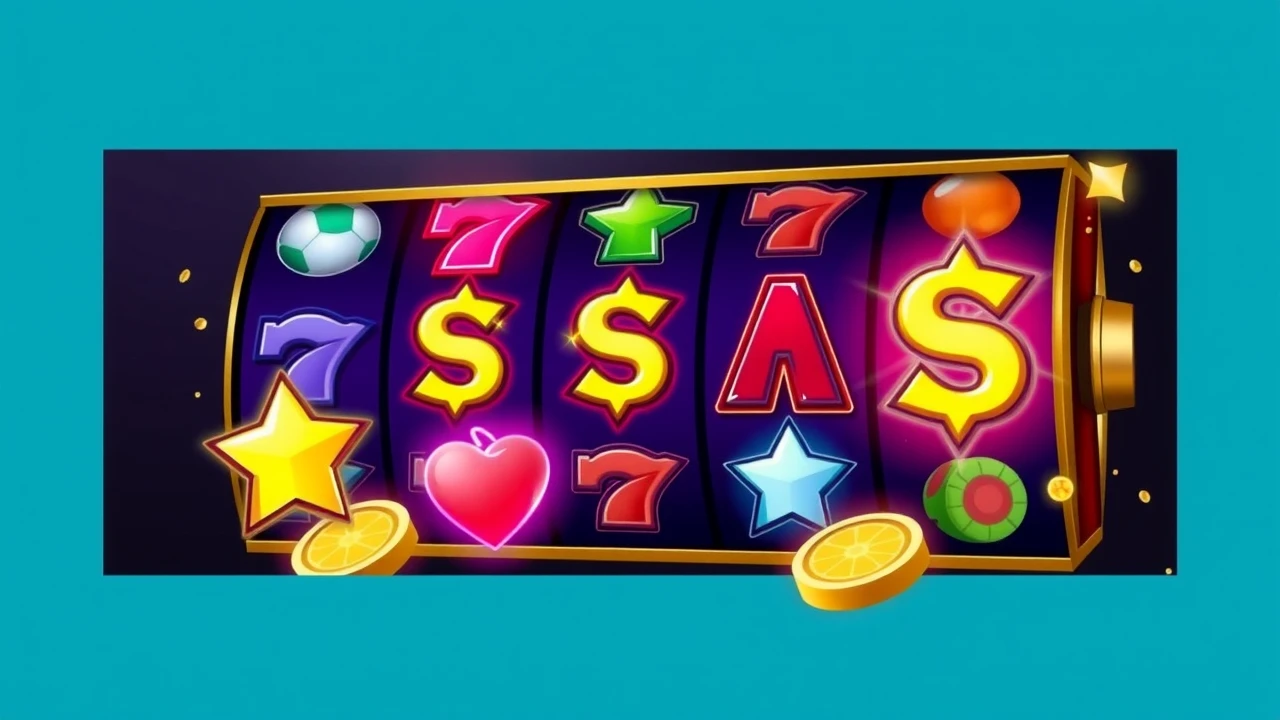The Cultural Impact of Gambling Games Across the Globe
Casino games have long been a engaging source of amusement, drawing millions of players from diverse cultures around the globe. From the opulent casinos of Las Vegas to the bustling gambling halls of Macau, these games serve as a bridge that connects people across different backgrounds. The allure of chance, tactics, and gambling entices not only those seeking to win money but also those looking for a sense of community. 868vip
The influence of casino games extends significantly past the gaming floor. They often reflect the social norms and traditions of the societies in which they prosper. Games such as Texas hold 'em, blackjack, and the spinning wheel have integrated into the mosaic of popular culture, influencing various aspects from films to style. As we explore this fascinating intersection of chance and culture, we can gain insights into how gambling games shape and are influenced by the environment surrounding us.
Chronological Progression of Casino Activities
The beginnings of gambling games can be followed back to old civilizations, where betting in multiple forms was widely practiced. In China, around two thousand three hundred years before Christ, a variant of lottery known as Keno was popular, while in old Rome, soldiers would often wager on the consequences of their matches. https://868vipp.com/ The idea of using luck for entertainment and income progressed over the centuries, leading to the creation of more structured activities. By the late Middle Ages, betting houses started to surface in the continent, particularly in Italy, which introduced early versions of well-liked games still practiced today.
As gambling increased fame in the continent, the 17th and 18th centuries saw the emergence of gaming houses as exclusive establishments for betting. The earliest official gaming venue, the Ridotto, was set up in Venice in 1638, offering activities like the game of Baccarat and Faro. This period marked a significant turning point, as gaming venues started to draw not just the high society but also the growing middle class. The refinement of activities evolved, leading to the introduction of new regulations and versions that enhanced the play experience.
In the 19th century, the industrial revolution and shifts in social standards also transformed the environment of casino activities. The launch of roulette and new one-armed bandits pulled in a more diverse clientele, and gaming houses became seen as legitimate entertainment. This period witnessed the globalization of casino activities, as gambling houses expanded from Europe to the Americas, culminating in the creation of the famous Strip of Las Vegas in the 1900s. The development of gaming games has progressed into the present day, integrating new technologies and online services, allowing them accessible to a universal audience.
# Cultural Significance across Different Cultures
Casino games have deep-rooted social importance in numerous societies throughout the planet. For instance, in Las Vegas, the very essence of the city is woven around gambling establishments, where gaming is not just a hobby but a key aspect of social engagement and community life. The bright lights and vibrant atmosphere attract countless individuals, showcasing how gambling activities can shape local financial landscapes and cultural identities. This environment transforms the notion of recreation into an enriching experience that shapes fashion, sound, and even film.
In contrast, some communities treat wagering with an air of caution, considering it through the lens of morality and heritage. For example, in numerous Eastern societies, games like Mahjongg and Pai Gow Gambling are full of history and possess significant social relevance. These games are often played during gatherings and festivities, fostering community bonds and strengthening familial ties. The act of participating in these games goes past mere amusement, reflecting principles such as deference to seniors and the importance of communal fun.
At the same time, in Western countries such as Monte Carlo and Italy, gambling activities serve as symbols of luxury and sophistication. The refined atmosphere of these establishments attracts both travelers and native inhabitants, reinforcing a sense of distinction and exclusivity. The art of poker and the strategic features of games like the game of baccarat are celebrated, shaping social dynamics and creating an allure that enthralls a diverse audience. This emphasizes how casino games can concurrently reflect and influence cultural attitudes towards hazard, gain, and relationship building.
Economic Impact and Travel Industry
Gambling activities play a important role in the financial context of many areas, particularly those that rely heavily on visitor traffic. The revenue generated from gambling establishments fuels local financial systems, creating jobs not only within the casinos but also but also in connected industries such as hotel management, dining, and entertainment. This surge of tourists, drawn by the attraction of gambling and the overall casino experience, stimulates expenditure across multiple businesses, contributing to the economic health of the region.
The presence of casinos often leads to the construction of facilities, including lodging, transportation systems, and recreational facilities. These improvements are essential in enhancing the overall visitor satisfaction, making locations more attractive to visitors. Additionally, many casinos invest in local communities through sponsorship of activities and charitable initiatives, further embedding themselves into the community structure of the locality. Such investment not only supports economic growth but also cultivates a positive image of the gambling sector.
Moreover, the global popularity of casino games drives tourism competition, with regions vying to attract players from around the world. Iconic locations like Las Vegas and Macau have become synonymous with gambling culture, drawing millions annually. This competitive edge encourages innovation and diversification within the gambling sector, influencing developments in leisure and hospitality that resonate beyond their limits. The consequences of this visitor influx extend far, impacting local economies and cultural interactions on a worldwide scale.



